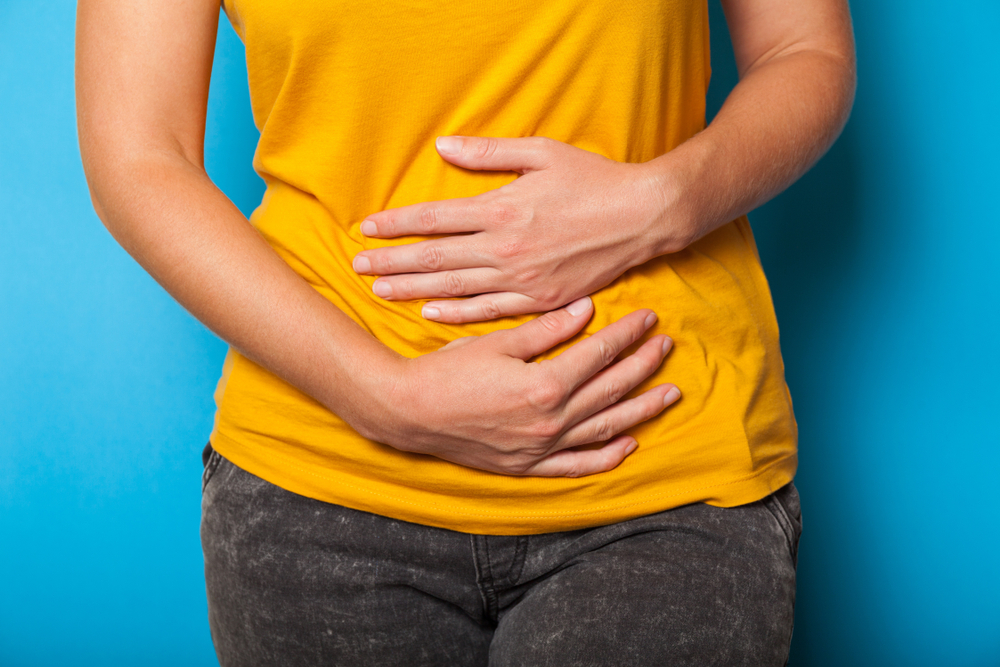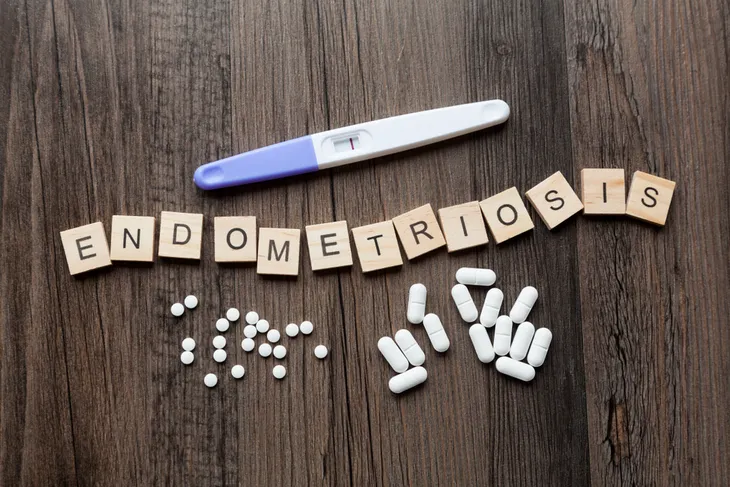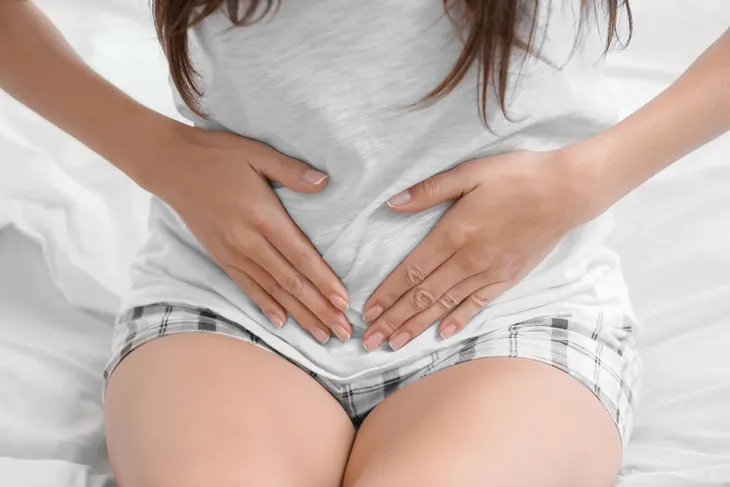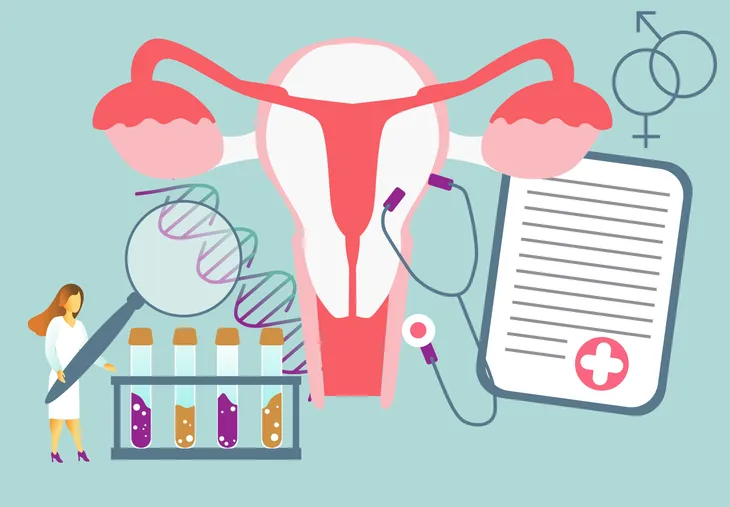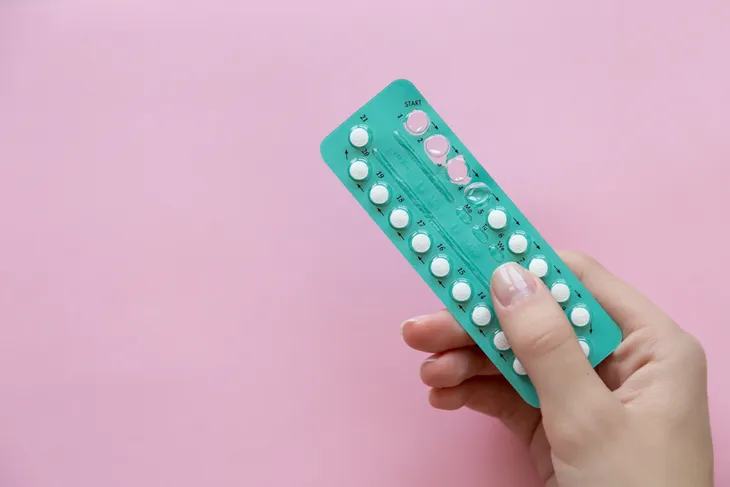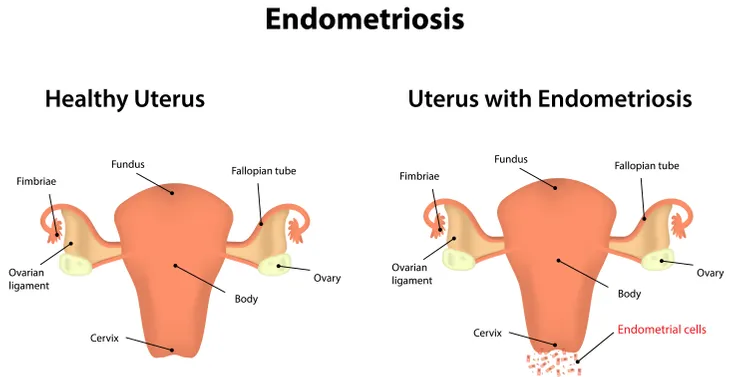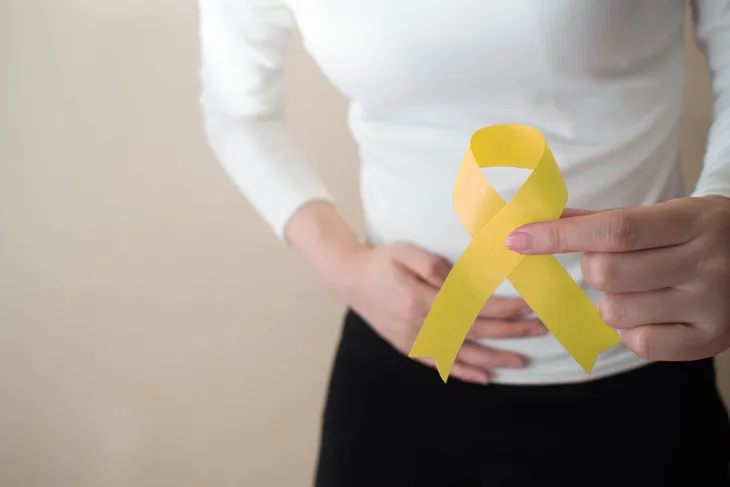You may never have heard of a condition called endometriosis, but chances are you know someone with it. The month of March is dedicated to the painful problem that causes the tissue that normally lines the uterus (called the endometrium) to grow outside of it, causing pain and (potentially) infertility.
Estimates say up to 10-percent of women suffer from endometriosis, and it affects the majority of women in their 30’s or 40’s. It’s not clear who made the first diagnosis, and ever since then there have been many myths surrounding this condition. Here are seven misconceptions about endometriosis that should be dispelled…
Endometriosis Doesn’t Always Causes Infertility
While it’s true that abnormal tissue growth can affect the reproductive organs, such as the ovaries, it’s doesn’t mean that that you won’t be able to conceive if you have endometriosis.
In some cases, the disorder can block the fallopian tubes, which transport eggs from the ovaries to the uterus. However, according to BabyCentre, endometriosis is only “one of the factors behind tubal problems, which cause infertility for about 17 percent of couples.”
It’s Often Passed off as Period Pain
Endometriosis.org notes that the disorder is often mistaken or written off as severe menstrual cramps. However, the global online forum for endometriosis reminds women that severe menstrual pain is not normal, and should be explored further.
The website explains that attitudes toward women complaining about cramps has improved from the 19th century, but there is still a lingering attitude to dismiss some cases. If the pain is sidelining you, ask your doctor to look further.
It’s Not a “Caucasian Problem”
According to EveryDay Health, in the 1980’s there was a strong belief in the medical community that endometriosis was a problem reserved for caucasian females only, particularly those in their 20’s and 30’s.
The site explains that the problem was that caucasians were more likely to be taken seriously when complaining about pain back then, because of lingering attitudes. We now know that black women and teens are at just as much risk. Basically, if you menstruate, you can develop endometriosis.
Estrogen Therapy Won’t Worsen Endometriosis
EveryDay Health also says that there’s a misconception that taking estrogen to relieve hot flashes during menopause will always cause endometriosis to flare up. This myth is based on the idea that endometrial tissues rely on estrogen to grow.
On the flipside, the health source also notes that menopause won’t cure endometriosis symptoms due to the absence of monthly periods. You and your doctor should determine the severity of the disorder before or during menopause to decide if hormone replacement therapy is appropriate for you.
Endometriosis Can’t be Diagnosed Visually
According to LivingWithEndometriosis.org, the only true way to diagnose if your have the disorder is via surgery. Even powerful imaging techniques, such as CT scans and MRIs, can’t provide conclusive results.
The source notes that while many visual tests are performed, the success rate of this approach is 60-percent at best. This could result in a false diagnosis, leading to inappropriate treatment.
However, imaging studies may need to be done to rule out other causes of pelvic pain. In addition, if the issue is pelvic pain and managing the symptoms with say the birth control pill works, surgery is not necessary.
Prescription Drugs as a Treatment
Livingwithendometriosis.org also explains that pain drugs like opioids are not used as a treatment for endometriosis because they are not a good choice for chronic pain.
The use of medications, like the birth control pill, to suppress a woman’s period, is a better, more long term solution.
Endometriosis is Not a Sexually Transmitted Disease
The Center for Young Women’s Health in the Boston Children’s Hospital states plainly that endometriosis is not an infection that’s transmitted via sexual activity.
While there is no 100-percent agreed upon cause, theories exist in the medical community about what causes endometriosis. Some medical professionals claim the condition is caused by the backup of menstrual flow. Other health experts suggest it results from metamorphosis of certain cells that are present from birth. There’s also another belief that endometrial tissue can travel through the bloodstream, where it can implant and grow.
